Previous Directors of the Institute
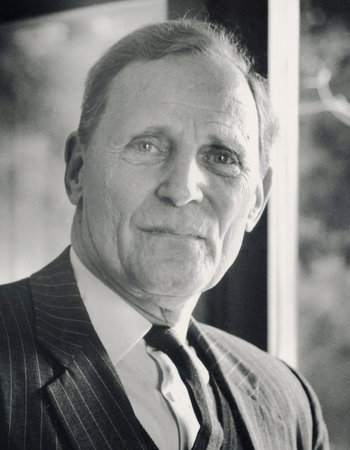
Otto Westphal (1913-2004)
(Director from 1961-1982)Otto Westphal founded the Max Planck Institute of Immunobiology and established it as a leading research facility in immunology. His scientific achievements include the determination of the primary structure of E. coli lipid A, an endotoxic lipopolysaccharide. He was the founder of the European Journal of Immunology and founding President of the German Society for Immunology.
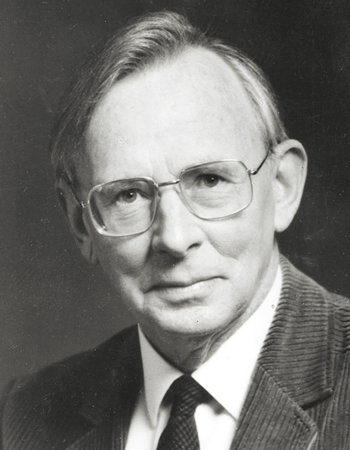
Herbert Fischer (1919-1981)
(Director from 1964-1981)Herbert Fischer had an ardent interest in macrophages at a time when the interest in the field of immunology was universally focused on lymphocytes. The group of Fischer studied the role of phospholipid metabolism in the activation of macrophages and lymphocytes and its subsequent effects on the activation of the innate and adaptive immune systems.
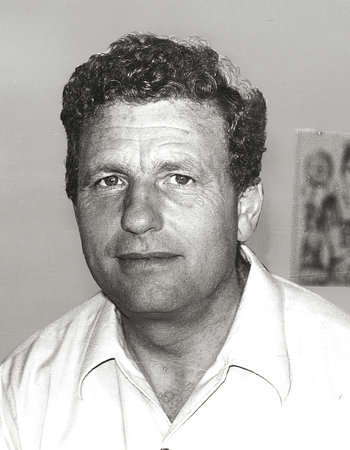
Otto Lüderitz (1920-2015)
(Director from 1965-1988)Otto Lüderitz and his group showed that lipopolysaccharides (LPS) of Gram-negative bacteria are built up according to a common architecture, consisting of the O-polysaccharide chain, the core and lipid A. In chemical and biological studies they brought the final evidence that lipid A is the toxic and biologically active part of LPS which led to the total chemical synthesis of biologically active lipid A.
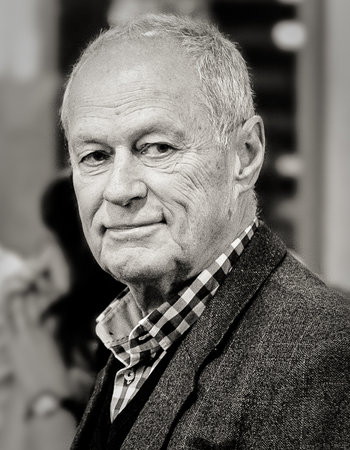
Klaus Eichmann (*1939)
(Director from 1981-2004)Klaus Eichmann and coworkers were involved in research on T cell development, T cell activation, and antigen processing in cell-mediated immunity. They discovered the autonomous signaling function of the pre-T cell receptor in the development of the alpha/beta T cell lineage. They were the first to describe the development of functional lymphoid cells from ES cell lines.
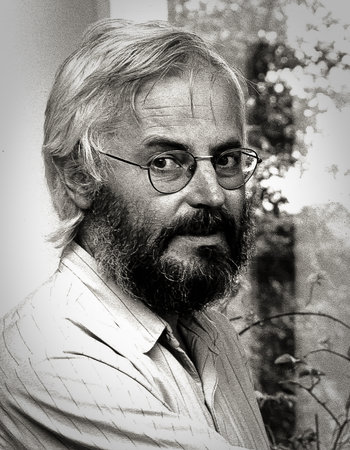
Georges Köhler (1946-1995)
(Director from 1984-1995)In the year Georges Köhler joined the Max Planck Institute of Immunobiology he was awarded the Nobel prize in Physiology and Medicine, together with Cesar Milstein and Niels Jerne for their pioneering work on the immune system and the generation of monoclonal antibodies using the hybridoma technique.
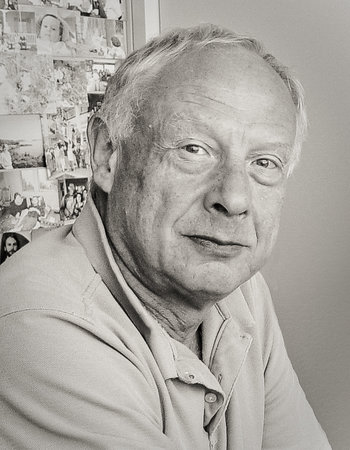
Davor Solter (*1941)
(Director from 1991-2006)In seminal experiments, Davor Solter studied the developmental potential of maternal and paternal genomes by nuclear transplantation. Davor Solter was one of the first to discover the phenomenon of genomic imprinting. His research focused on genetic and epigenetic mechanisms regulating mouse pre-implantation development. He made significant contributions to many areas of mammalian development, including differentiation of germ layers, the biology and genetics of teratocarcinoma, the biology of embryonic stem cells, cloning, and reprogramming.
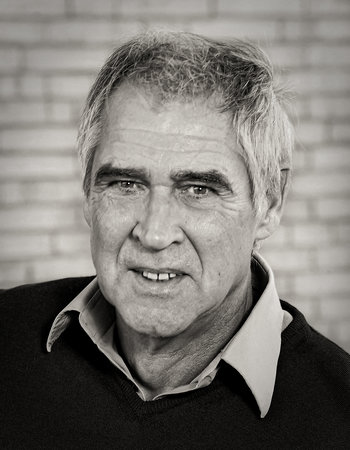
Rolf Kemler (*1945)
(Director from 1992-2013)As a post-doc with Francois Jacob, Rolf Kemler identified the first cell-cell adhesion molecule in mouse development, E-cadherin. His structural-functional analyses led to the discovery of catenins as cytoplasmic anchorage proteins. Particularly beta-catenin became a famous molecule because of its dual function in cell adhesion and in the Wnt signaling pathway. In early 1980, Kemler was the first to establish mouse embryonic stem (ES) cells in Germany. He studied their differentiation potential and used gene targeting to investigate the function of cadherin and catenins in mouse development, genomic maintenance and stem cell vs. oncogenic potential.
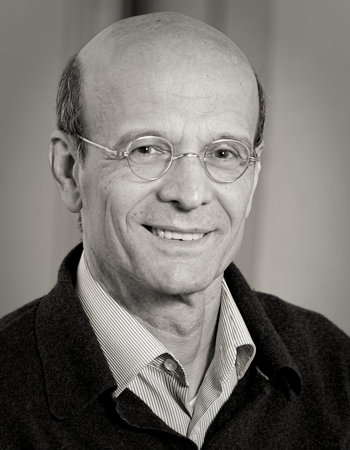
Rudolf Grosschedl (*1952)
(Director from 2004-2020)After positions in San Francisco and Munich, Rudolf Grosschedl devoted himself to questions of transcriptional control of cellular differentiation and cell commitment at the MPI. He studied the molecular mechanisms underlying the development of B-lymphocytes from hematopoietic stem cells and the regulation of pluripotency. With his numerous publications, Rudolf Grosschedl has made significant contributions to understanding the development and differentiation of the immune system.
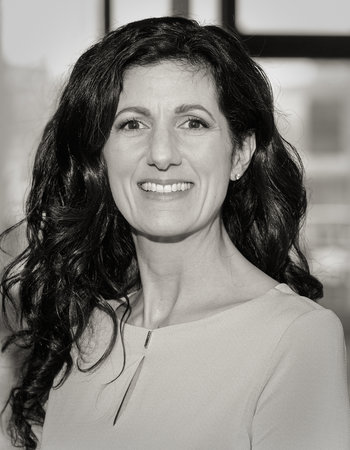
Erika Pearce (*1972)
(Director from 2015-2020)Erika Pearce investigates the regulatory role of cell metabolism for the immune system, especially in the development of memory T cells and T effector cells' function. She was able to show that an altered nutrient supply significantly influences the immune response. Her research on the basic biological mechanisms of immune cell metabolism is also of great importance for therapeutic applications, especially in the defense against tumors or pathogens. From 2021, Erika Pearce will be serving as Bloomberg Distinguished Professor and Scientific Director at the Bloomberg-Kimmel Institute for Cancer Immunotherapy at Johns Hopkins University (USA).